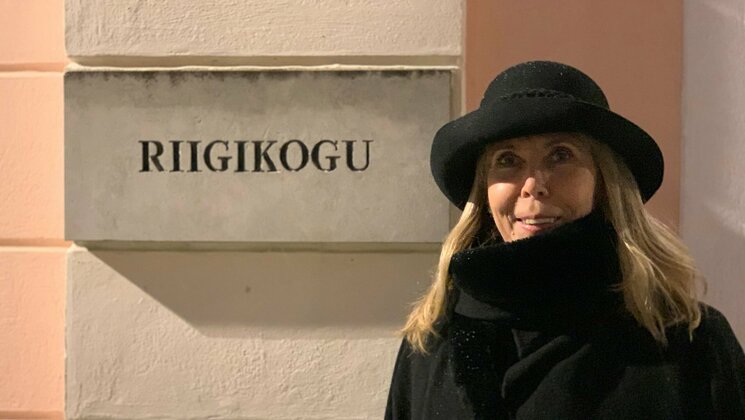Protsessidepõhise bioloogia(filosoofia) lugemisgrupp
On 22th of September 2020 the chair of Philosophy of Science will begin with a reading group on Professor John Dupré’s work on different fields of Philosophy of Biology from the perspective of seeing biological entities as dynamic processes, not static objects. This reading group is a preparation for the workshop "Biology as Process: Philosophical Background and Implications" in spring (most likely in May, if global health conditions permit) 2021 with John Dupré, organized by the chair of philosophy of science. However, those two courses can be taken independently of each other. The reading group will be led by a research fellow of Philosophy of Science Edit Talpsepp-Randla (responsible lecturer) and PhD candidate of Philosophy of Science Eveli Neemre.
The topics to be covered (see the syllabus in the attachment) include: general metaphysics of evolution, processual view of organisms and kinds, the questions of taxonomic monism and pluralism, issues related to social constructivism, the relationship between values and science-making, the questions of reductionism, polygenic organisms, postgenomic Darwinism, contemporary genomics and definition of genes from processual perspective, criticism of evolutionary psychology, causality and human nature in the social sciences, etc. The reading group is of potential interest for the scholars of many disciplines as it opens up novel perspectives and implications that process-based biology has for several fields from arts and social sciences to natural sciences. Edit Talpsepp-Randla’s interview with John Dupré about his work: https://philosophynow.org/issues/133/John_Dupre, in Estonian: https://www.sirp.ee/s1-artiklid/c21-teadus/bioloogiline-liik-kui-hulk-v…
The reading group will take place in the format of hybrid seminars, which means it can be attended in-class, or online via BigBlueButton (see the timetable with the video meeting links on the Moodle webpage of the course below). The reading group can be taken as a course for 3 EAP-s, or just attended by the people interested in the topics. In order to pass the course for credit points, a participant has to attend at least 8 out of 10 seminars, think about one question about each text prior to the seminars, and prepare one presentation during the course. If a participant is absent from more than 2 seminars, the extra absences can be compensated by writing short summaries about the texts to be covered. The registration to the course is open until 14th of September 2020. In order to register, go to Study Information System (ÕIS1) and find the course ‘Practice-Based Philosophy of Science Reading Group’ (FLFI.03.094), semester 20/21 A regular Eng. For the first seminar please read the first part of “A Manifesto for a Processual Philosophy of Biology” that can be found when you go to the Moodle page of the course: https://moodle.ut.ee/course/view.php?id=4032 The reading group meetings will take place on Tuesdays at 14.15 (in-class meetings in Jakobi 2-337).
Find the syllabus for the reading group here.
Biographical note:
Professor John Dupré is Professor of Philosophy of Science at the University of Exeter and Director of Egenis, the Centre for the Study of Life Sciences. He was recently elected President of the Philosophy of Science Association. He has authored several books (probably most well-known of which is ‘The Disorder of Things: Metaphysical Foundations of the Disunity of Science’ (1993)) and many articles. In 2018 he co-edited with Daniel J. Nicholson a book called ‘Everything Flows: Towards a Processual Philosophy of Biology’.
Edit Talpsepp-Randla is a Research Fellow of Philosophy of Science at the University of Tartu, Estonia. She received her PhD in 2013 from the University of Bristol, and specialises in the Philosophy of Biology.
Eveli Neemre is a PhD candidate of Philosophy of Science at the University of Tartu. She writes her PhD dissertation on objectivity in animal cognition.
For further questions, please contact either Edit Talpsepp-Randla (edit.talpsepp@ut.e) or Eveli Neemre (eneemre@ut.ee).




